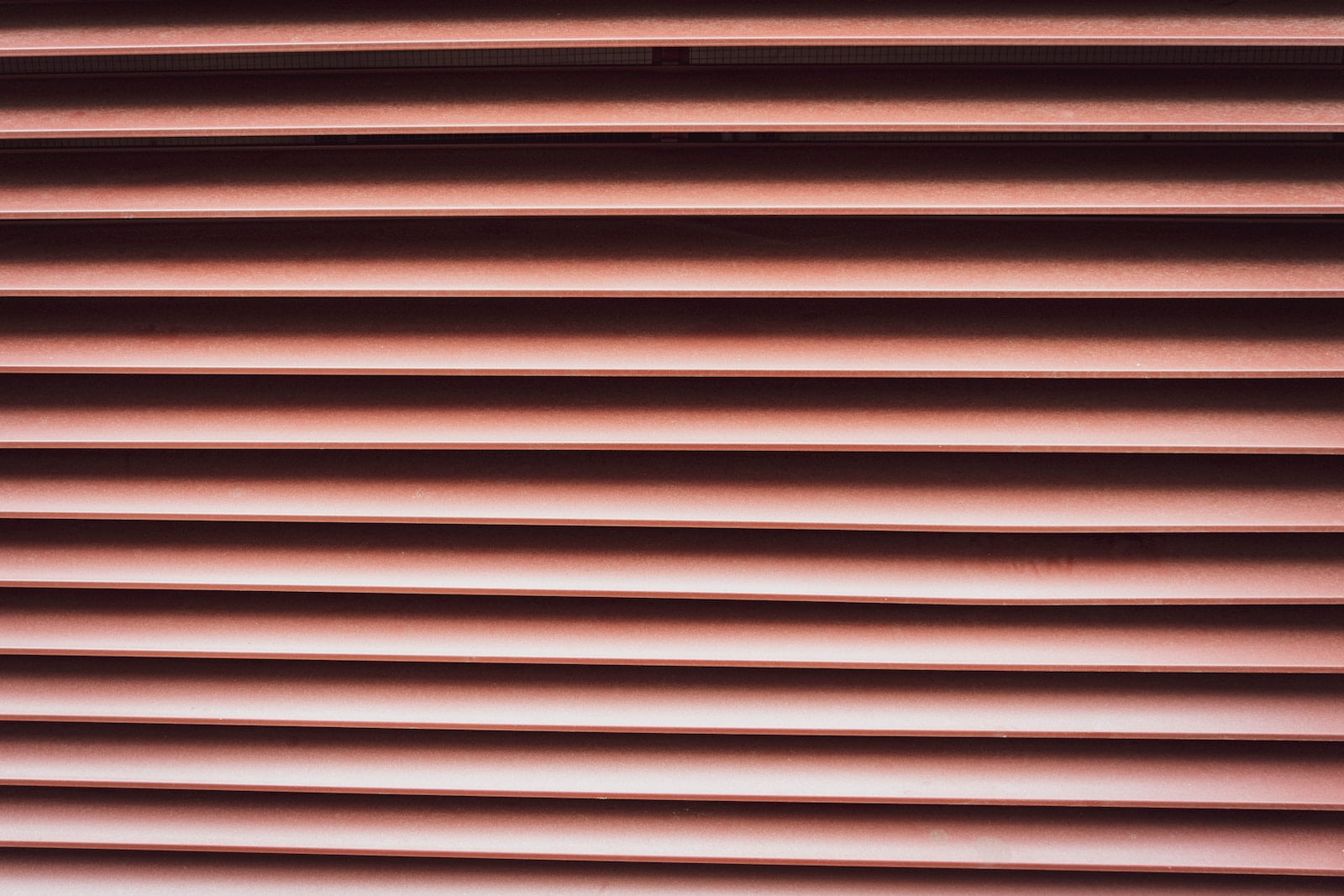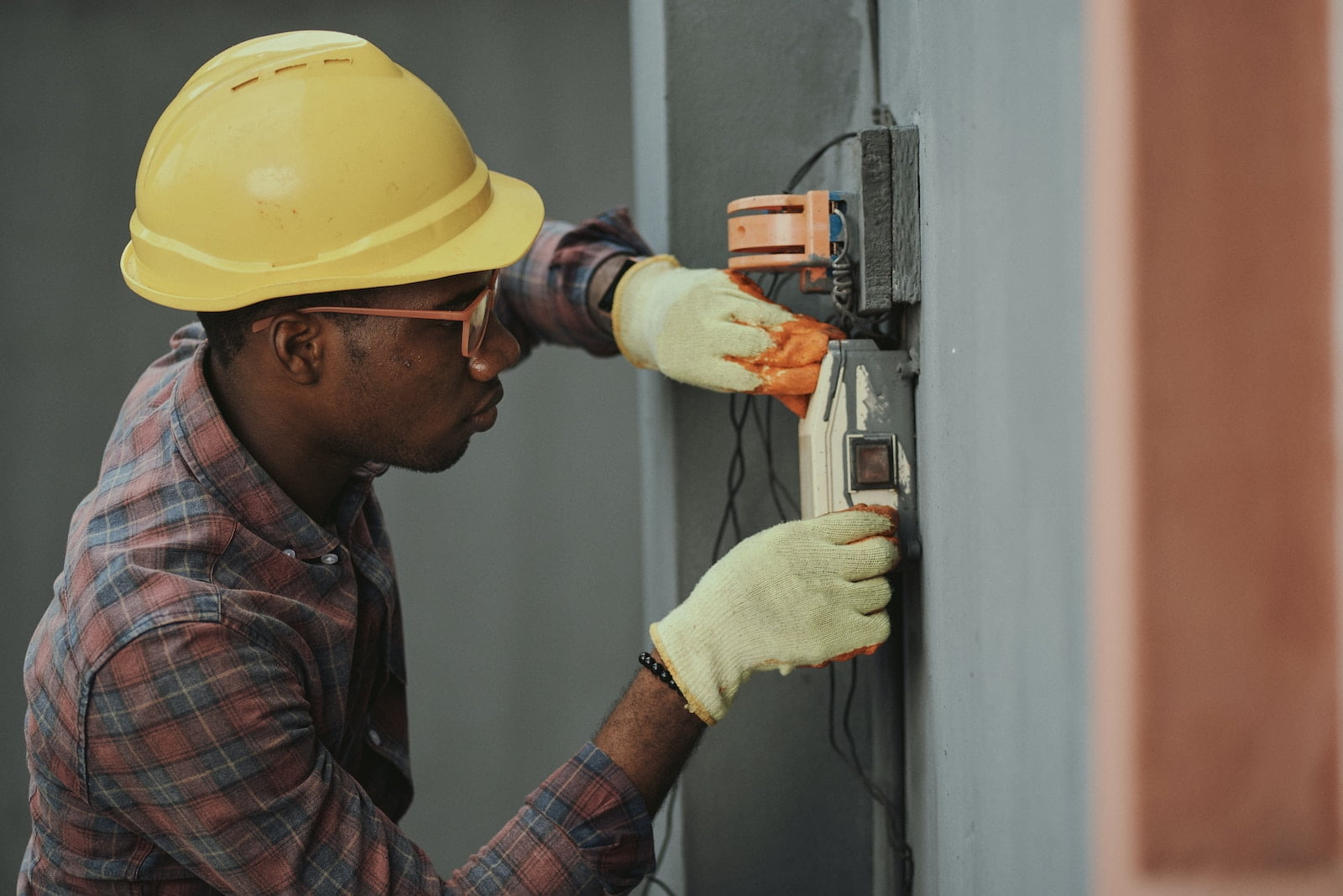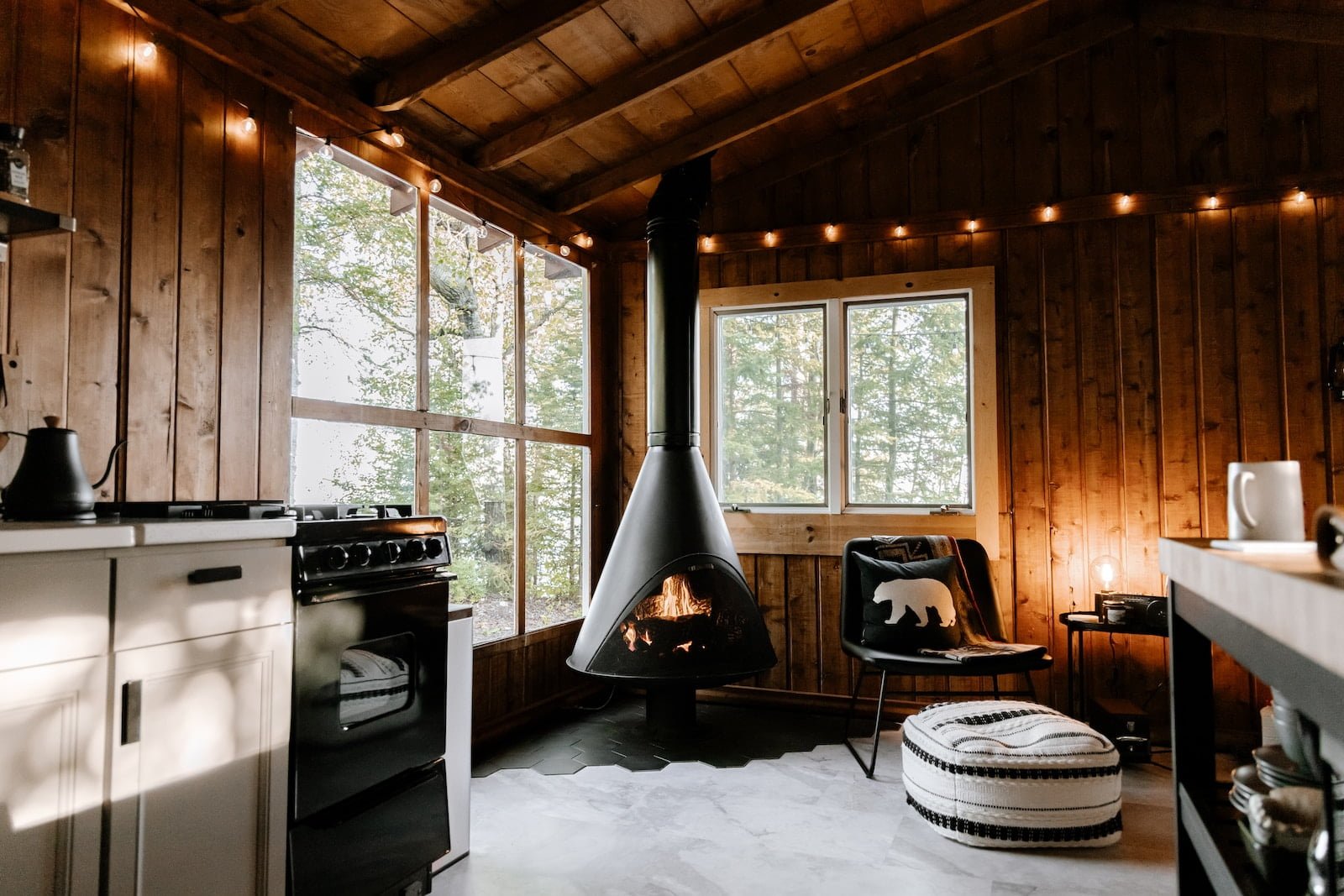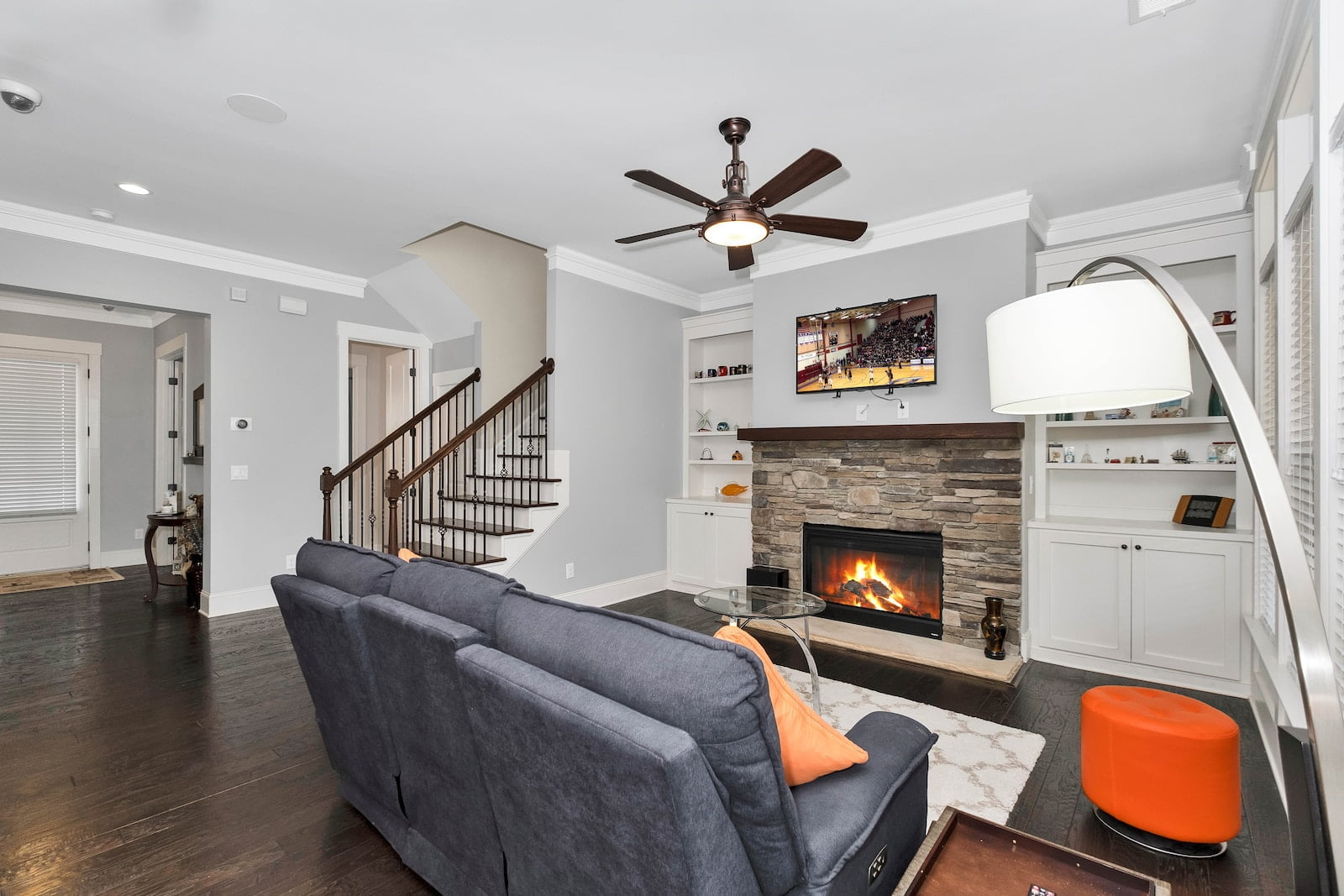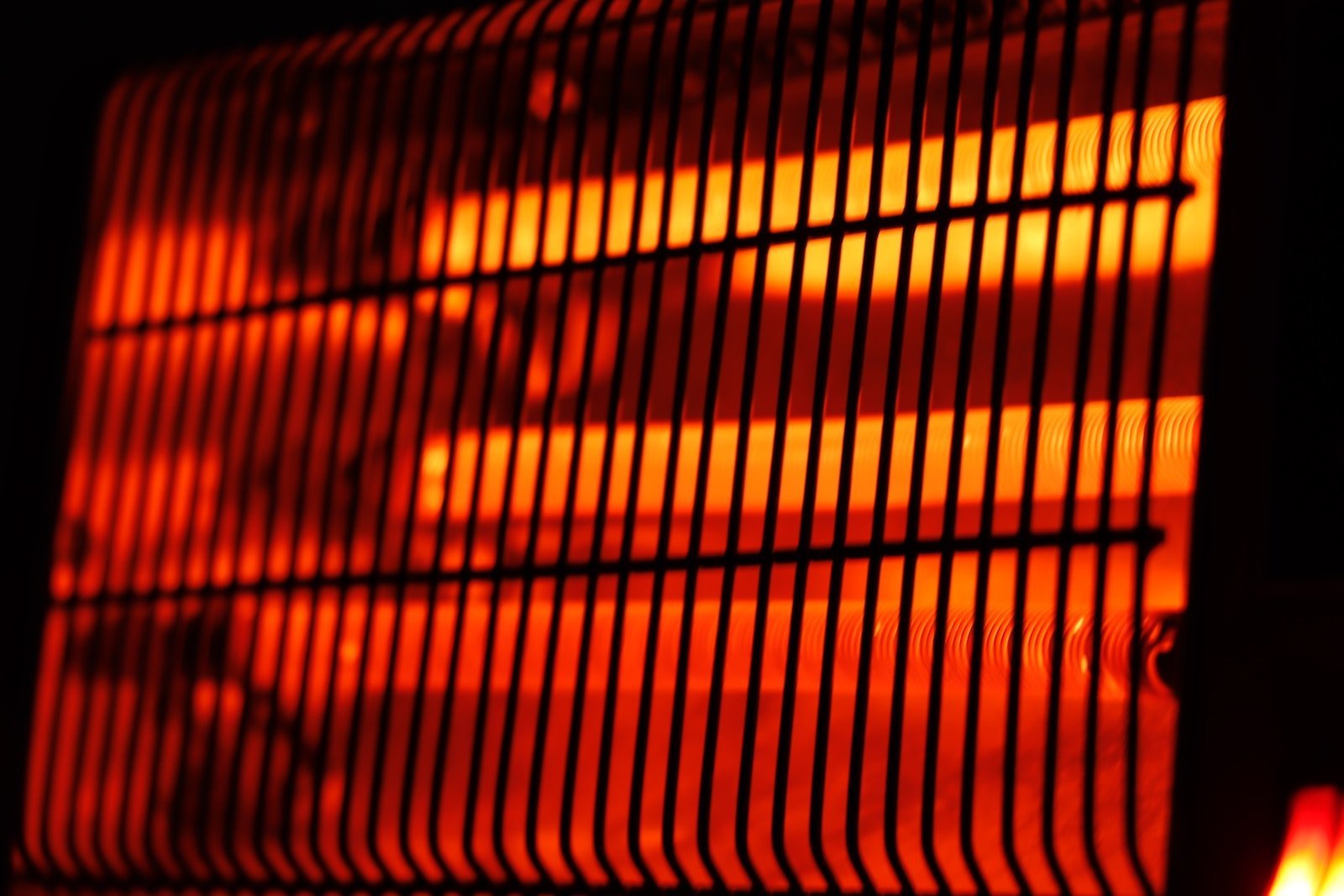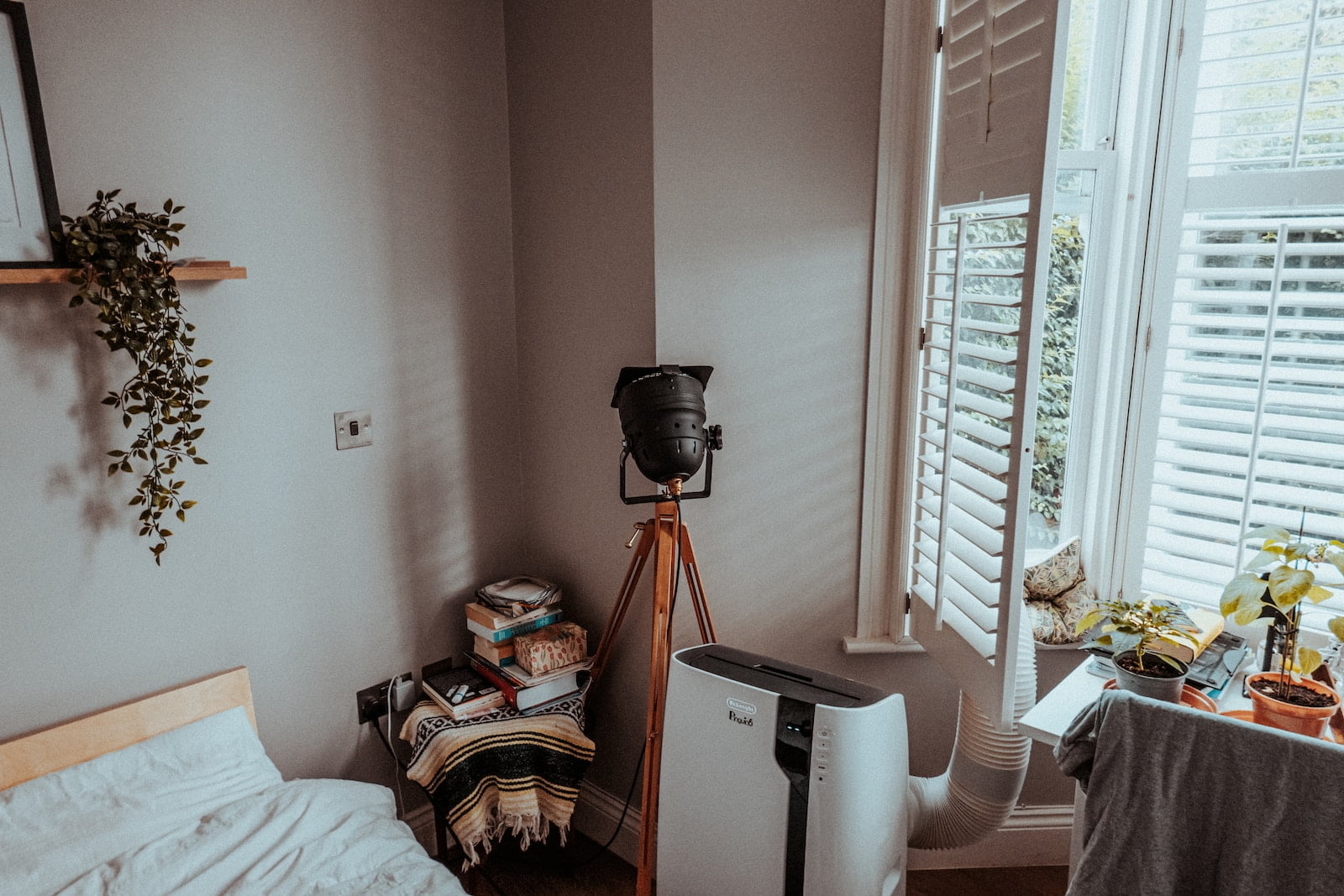How Often to Replace Air Filters: A Simple Guide
Indoor air quality is an important aspect of our daily lives, as we spend a significant amount of time indoors. Poor air quality can lead to several health issues, including respiratory problems, allergies, and even cancer. One of the most effective ways to maintain good indoor air quality is by using air filters. Air filters are designed to trap pollutants and contaminants that can be harmful to our health. In this article, we will discuss the importance of air filters and their role in maintaining indoor air quality.
Firstly, we will explore the types of pollutants that can be found indoors and their effects on our health. We will then delve into the different types of air filters available in the market, their features, and how they work. We will also discuss the factors to consider when choosing an air filter, such as the size of the room, the type of pollutants present, and the budget. Lastly, we will provide tips on how to maintain air filters and ensure they are working effectively.
Overall, this article aims to provide a comprehensive introduction to the importance of air filters and their role in maintaining good indoor air quality. By the end of this article, you will have a better understanding of how air filters work and why they are essential for your health and well-being.
Factors that Affect How Often Air Filters Should be Replaced
The type of filter used is one of the most critical factors that affect how often air filters should be replaced. Different types of filters have different life spans, and some require more frequent replacement than others. For instance, disposable fiberglass filters are the cheapest and have the shortest lifespan, typically needing replacement every 30 days. Pleated filters, on the other hand, have a longer lifespan and can last up to three months, depending on the level of air pollution in the environment.
The level of air pollution in the environment is another crucial factor that affects how often air filters should be replaced. If you live in an area with high levels of air pollution, your air filter will likely get dirty more quickly and require more frequent replacement. Similarly, if you live in an area with low levels of air pollution, your air filter may last longer and require less frequent replacement.
Lastly, the frequency of use is also a factor that affects how often air filters should be replaced. If you use your HVAC system frequently, your air filter will get dirty more quickly and require more frequent replacement. Conversely, if you rarely use your HVAC system, your air filter may last longer and require less frequent replacement.
In conclusion, when it comes to replacing air filters, several factors come into play. The type of filter, the level of air pollution in the environment, and the frequency of use are all critical factors that affect how often air filters should be replaced. It is essential to keep these factors in mind to ensure that your HVAC system operates efficiently and provides clean air for you and your family.
Tips for Extending the Lifespan of Air Filters
Another way to extend the lifespan of your air filters is to invest in high-quality filters. While it may be tempting to opt for cheaper, lower quality filters, they often need to be replaced more frequently, which can end up costing you more money in the long run. High-quality filters are designed to last longer and can capture more particles, improving the air quality in your home or office.
In addition to investing in high-quality filters, regular cleaning and maintenance is essential. Depending on the type of filter you have, you may need to clean or replace it every one to three months. A clogged or dirty filter can reduce the efficiency of your HVAC system and lead to higher energy bills. By regularly cleaning and maintaining your filters, you can ensure that your HVAC system is running smoothly and efficiently, while also improving the air quality in your home or office.
Overall, extending the lifespan of your air filters is crucial for maintaining good air quality and reducing energy costs. By investing in high-quality filters and regularly cleaning and maintaining them, you can ensure that your HVAC system is running smoothly and efficiently, while also improving the air quality in your home or office.
Conclusion: Regular Air Filter Replacement is Crucial for Optimal Indoor Air Quality and Health
In conclusion, regular air filter replacement is crucial for maintaining optimal indoor air quality and promoting overall health and well-being. Dirty air filters not only decrease the efficiency of your HVAC system, but they also allow harmful particles and pollutants to circulate in your home or office. This can lead to respiratory problems, allergies, and other health issues.
By replacing your air filters on a regular basis, you can ensure that the air you breathe is clean and healthy. It’s recommended to replace your air filters every 1-3 months, depending on the type of filter and the level of pollutants in your environment.
In addition to improving indoor air quality, regular air filter replacement can also save you money on energy bills and prolong the life of your HVAC system. So, don’t neglect this important maintenance task. Make it a priority to check and replace your air filters regularly, and breathe easy knowing that you’re doing your part to promote a healthy indoor environment.
